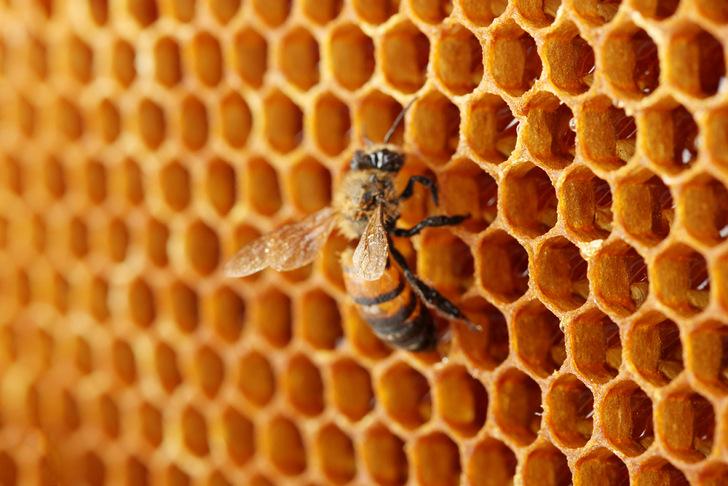Colony Collapse Disorder
May 20, 2016
The sudden loss in colony bee workers population, brought attention to many farmers. During the winter months of 2006-2007 some beekeepers began to report unusual high loses in bees.
Many people sitting down for dinner do not realize how important the important bees are and how much they had to go through to produce each of our meal. What we do not realize is that approximately one out of three mouthfuls of food in the American diet comes from honeybee pollination. For example, fruit, nuts, and coffee beans.
Since bees are dying at such a fast rate up to 42 percent of bee colonies have gone under in the United States in 2015, and now our supply of food is at a serious risk.
The large loss of honeybee’s is happening all over the world. Serious declines have been reported in both managed honeybee colonies and wild populations. On its own this problem is bad enough, but combined they are quickly proving too much to handle.
One of the major problems are pesticides, these chemicals are designed to kill insects. But some systemic varieties such as neonicotinoids could cause more danger to bees bees than others insects.
We have also have cleared out much of the honeybees habitat. As many patches of land clear out and are turned into land for homeowners, the space that remain are often stripped of all the needed weeds and flowers.
We have also been receiving warmer winters have caused plants to start blooming sooner than usual. When bees come out of hibernation, the flowers they need to feed on have already bloomed.
A world without bees could greatly affect us in the future, but we know the impacts on our food supply would be significant. The food industry are trying to manage the billion dollar crisis, with companies securing healthy honeybee hives and transporting them around the country to pollinate crops.
Some regions in China are now starting to pollinate crops by hand.
We can also help out stop honeybees from going extinct by managing the pesticides we spray around our household.If we can all start and create a pesticide free space for pollinators that will help to save honeybees.
We can also make sure not to plant seeds that have been genetically modified, and plants that have been pretreated with pesticides. We can also simply let our lawns grow out and leave the blooming clover for honeybees. We need to urge corporations to stop making and selling neonicotinoids.
It’s time to help out the honey bees that we greatly take advantage of, especially while we enjoy our meals.
